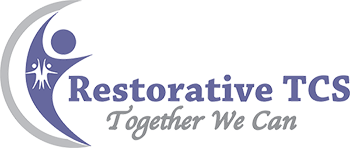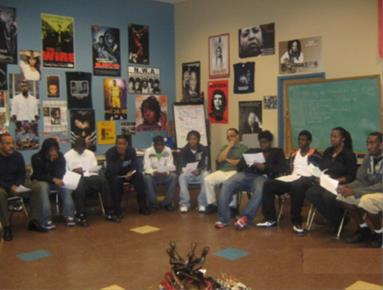In Georgia, thousands of students and staff will be returning to school in the aftermath of Hurricane Irma that began on September 11th, 2017. News and social media have been filled with updates and pictures showing the impact of Hurricane Irma. Many Georgia residents were impacted by the loss of electricity and falling trees while others struggled with the injury or death of a loved one. Our hotels were filled with dislocated Florida residents. Many Georgia residents took in friends and family, others wondered how those who remained in Florida were doing, and some received unfortunate news.
Restorative practices provide a framework that engages and supports one another in addressing the feeling and emotions caused by the aftermath of Hurricane Irma. Students and staff may try to act as if Hurricane Irma did not impact them, though thoughts and actions would say otherwise. In such difficult times, remember the importance of taking care of yourselves and one another as a collective school community.
One way of addressing the trauma and stress that staff and students could be feeling is to have a restorative circle. Here is one example:
- Have everyone sit in a circle.
- Use a talking piece and ensure everyone gets an opportunity
to speak. - Have each person share how they are doing on a scale of 1 (terrible) to 10
(fantastic). - If time permits, add “Feel free to share why.” Framing the statement in
this way does not force participants to share. Instead, it gives them the space to
share if needed. - Explain the importance of hearing everyone’s number and supporting one another.
- Acknowledge that everyone will find themselves at the lower and higher ends of the
spectrum throughout the school year - Lead a brainstorming activity to identify ways of supporting one another when
someone is at the lower end of the spectrum
Remember there are many acts of kindness and generosity that require minimal time and gets great results (e.g. loaning someone a pencil, holding the door for someone,
saying “good morning”, or saying “I’m glad you’re here”).
When considering the circle process, remember the importance of training. As I often say, “Anyone can sit in circle and pass a talking piece.” A restorative circle embraces equity, is trauma-sensitive, values every voice, and is safe and supportive.





